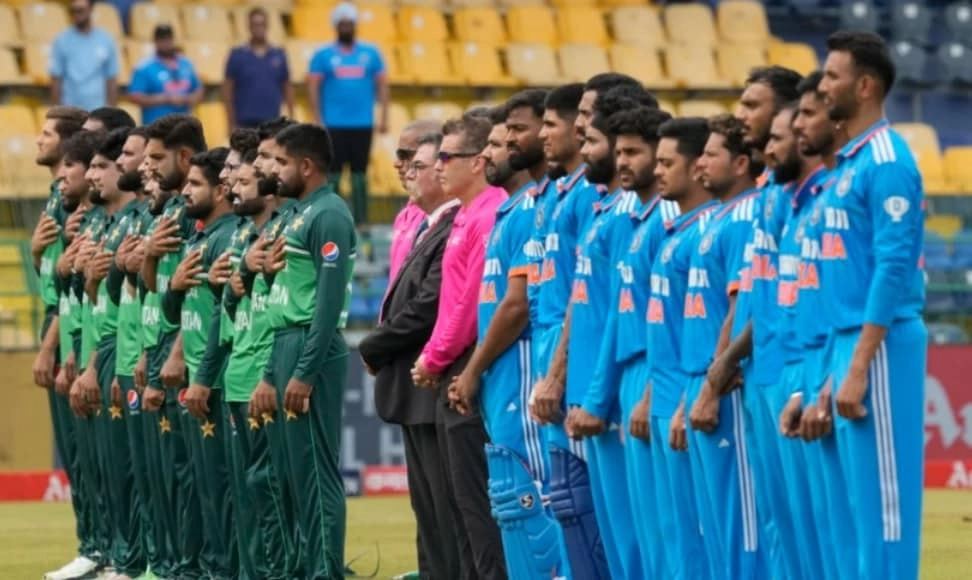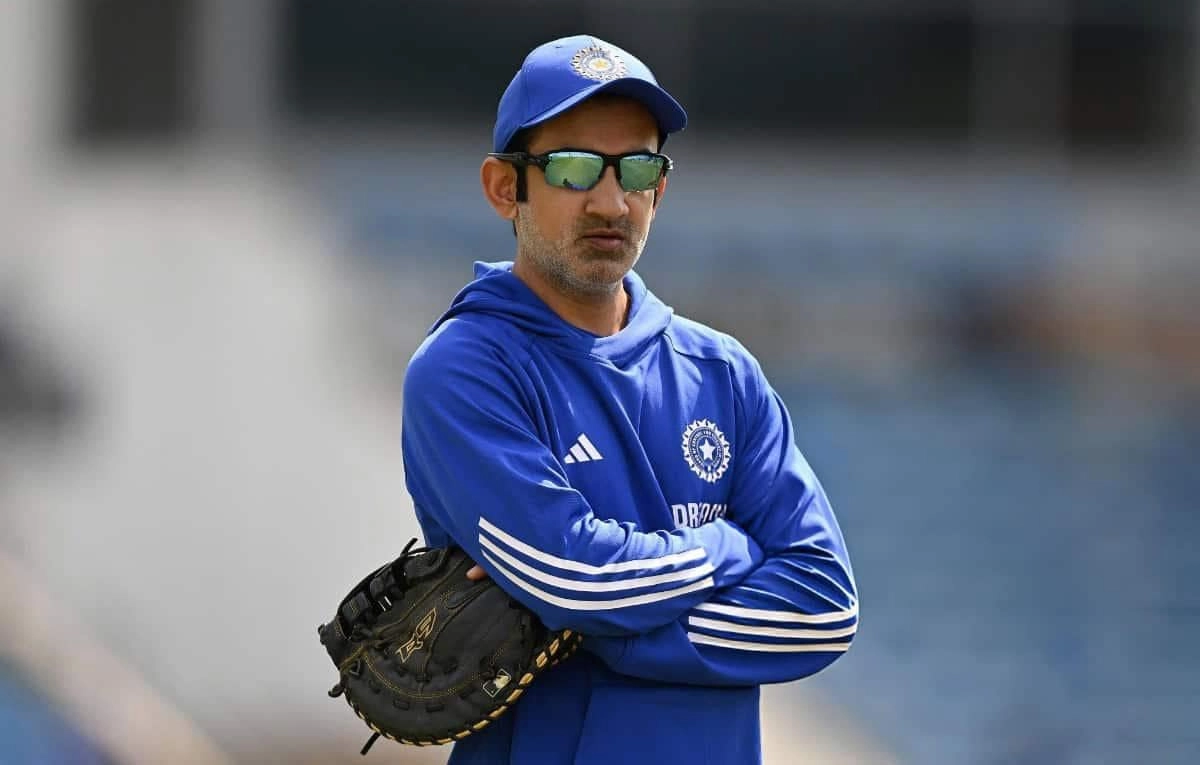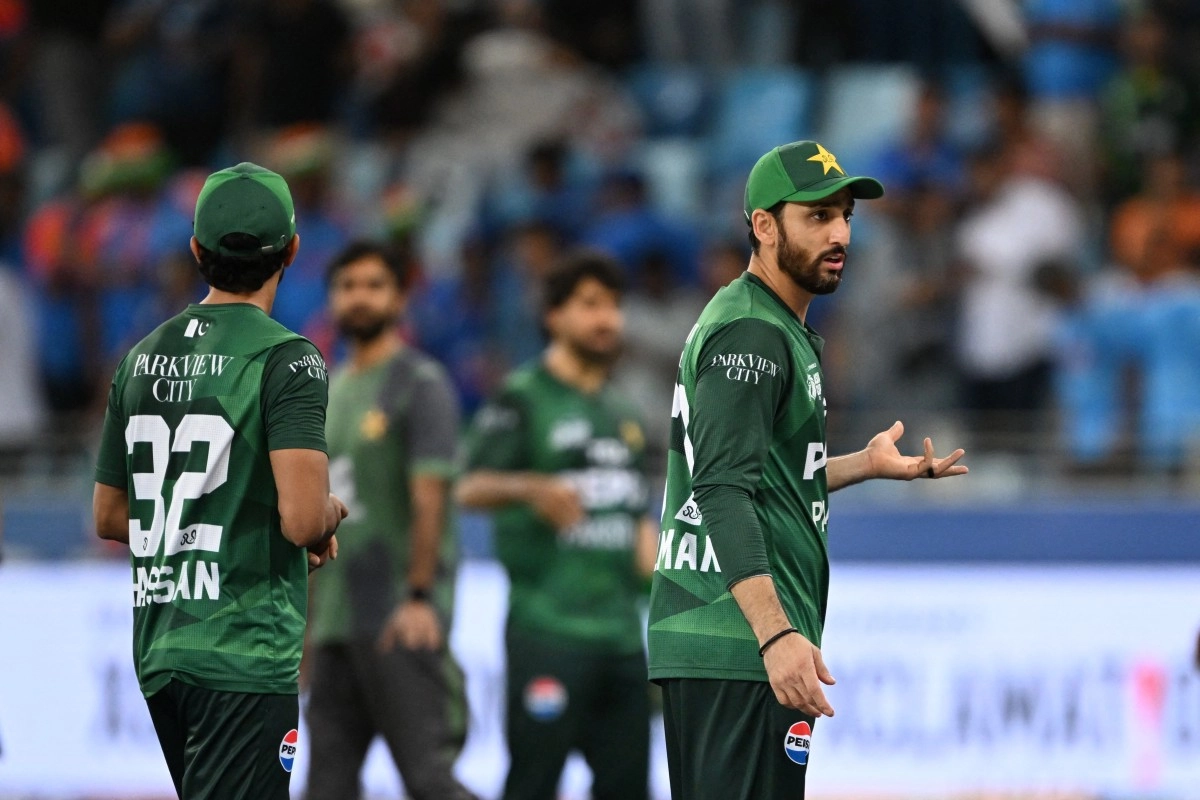In a recent exclusive report by NDTV, the Board of Control for Cricket in India (BCCI) has addressed the ongoing debate surrounding the potential boycott of Pakistan in the upcoming Asia Cup 2025. This topic has become a focal point of discussions among cricket fans and analysts, particularly in light of the political tensions between the two nations. The BCCI’s decision not to participate in a boycott reflects a complex interplay of sports, politics, and international relations, highlighting the challenges faced by sports federations in navigating these sensitive issues.
The BCCI’s stance underscores its commitment to the spirit of the game while acknowledging the broader implications of such decisions. Officials from the board emphasized that sporting events should ideally transcend political disputes, allowing for competition based on merit rather than geopolitical considerations. This perspective is aligned with the International Cricket Council’s (ICC) vision of promoting cricket as a unifying force, capable of bridging divides and fostering goodwill among nations. However, the BCCI is also aware of the passionate sentiments held by fans and stakeholders, who may feel strongly about the issue given the historical context of India-Pakistan relations.
Moreover, the BCCI’s position is likely influenced by logistical and financial considerations, as the Asia Cup is a significant tournament that generates considerable revenue and viewership. A boycott could lead to substantial financial losses, not just for the BCCI, but for the entire cricketing ecosystem in India. Thus, the board is tasked with balancing the expectations of its fan base with the practical realities of hosting and participating in international competitions. In doing so, the BCCI aims to maintain a strategic stance that fosters dialogue and engagement rather than isolation.
As the countdown to the Asia Cup 2025 continues, the BCCI’s decision will undoubtedly spark further discussions among cricket enthusiasts and policy makers alike. While the board has chosen not to endorse a boycott, the implications of this decision will ripple through the cricketing community, prompting ongoing debates about the role of sports in diplomacy and the responsibilities of governing bodies in addressing geopolitical tensions. Ultimately, the BCCI’s approach highlights the intricate relationship between cricket and international relations, showcasing the game’s potential to bring people together despite their differences.




